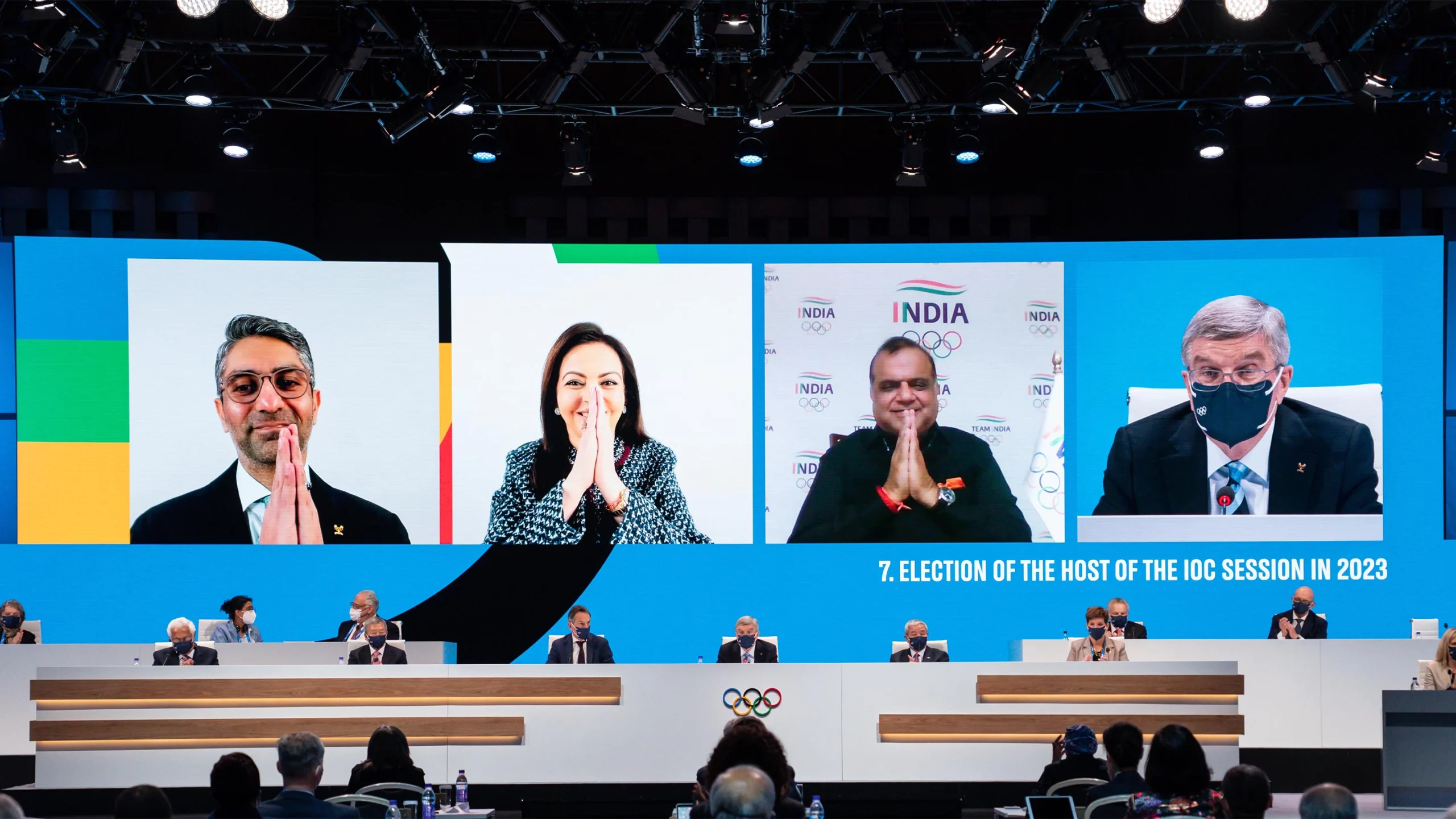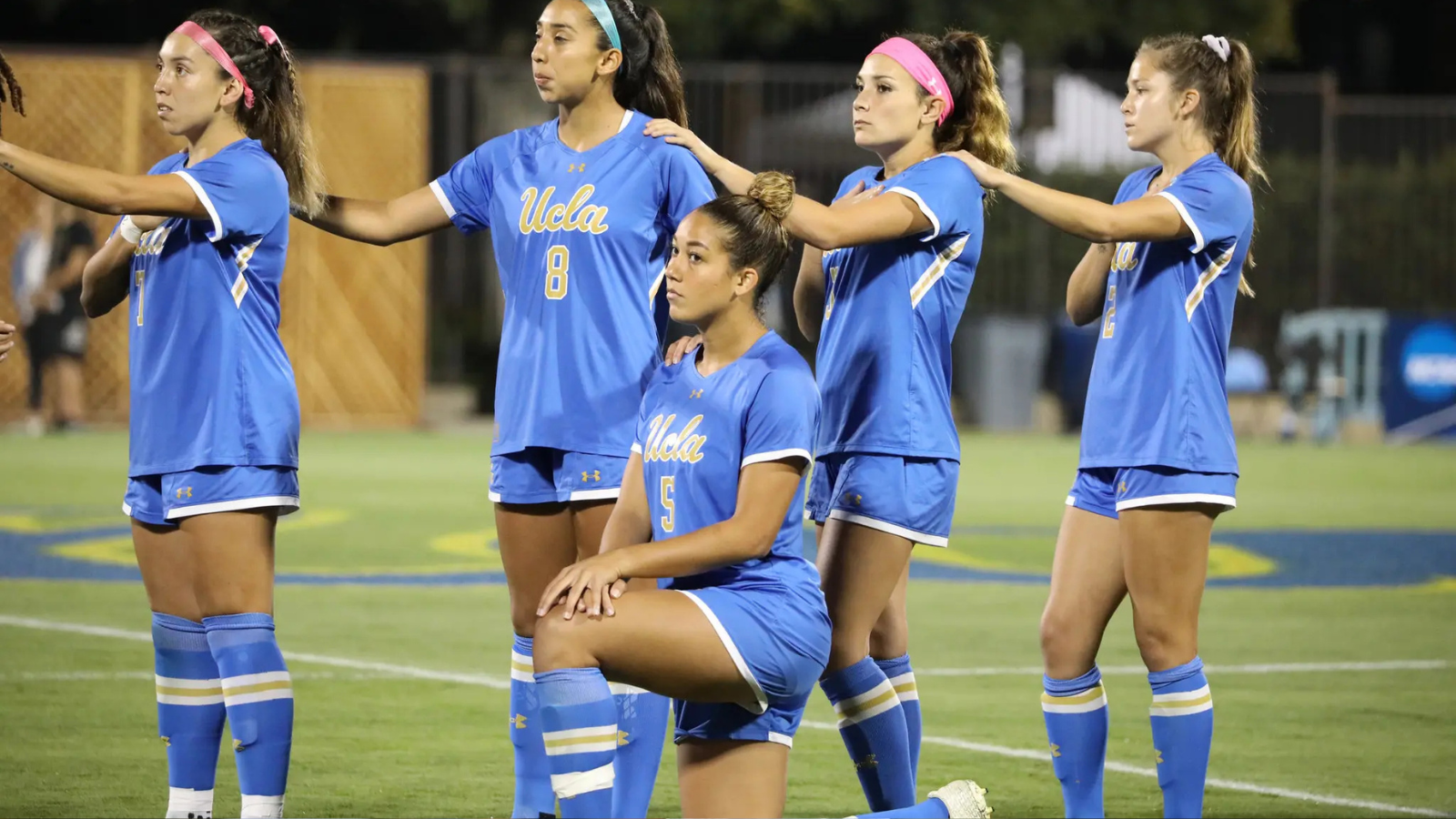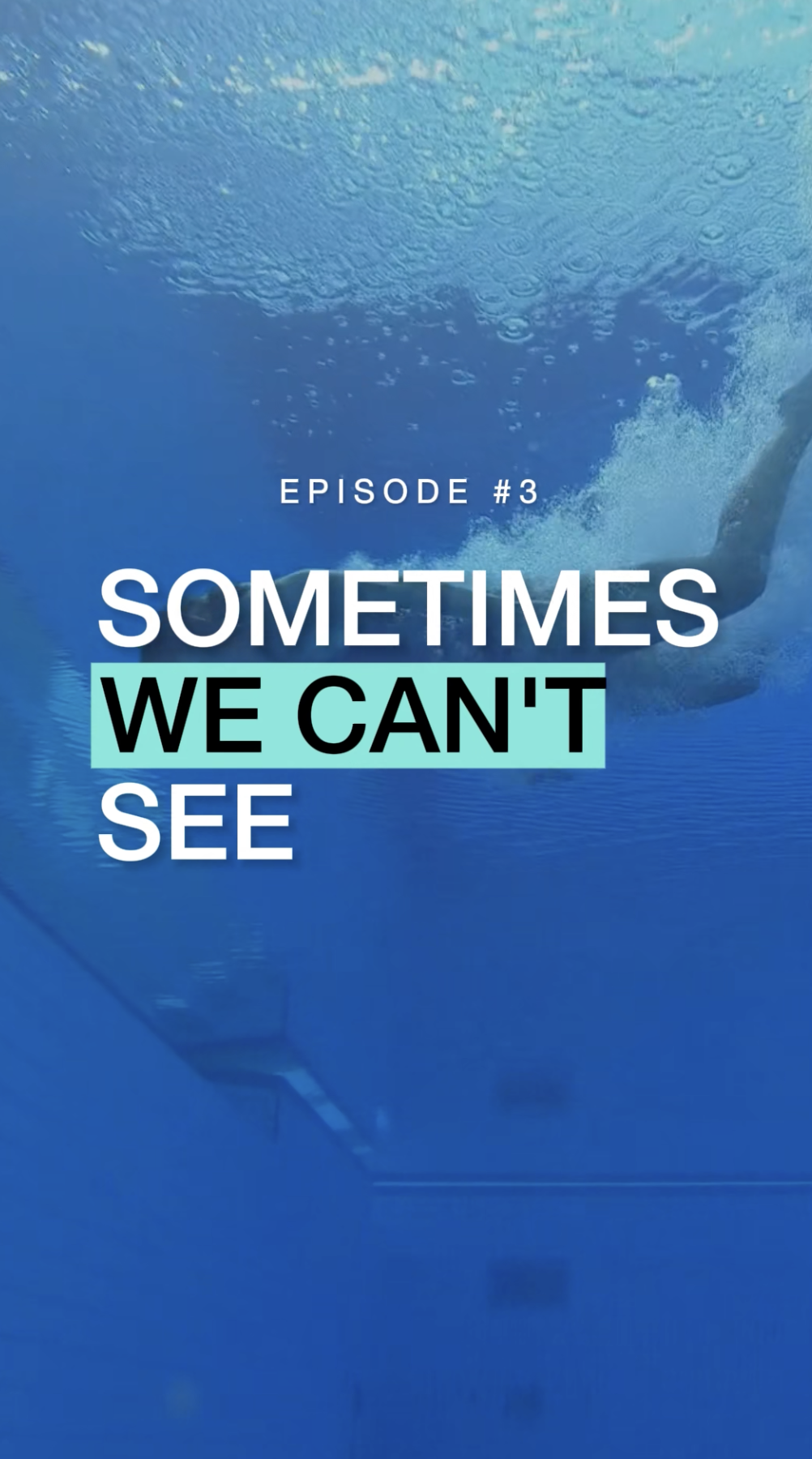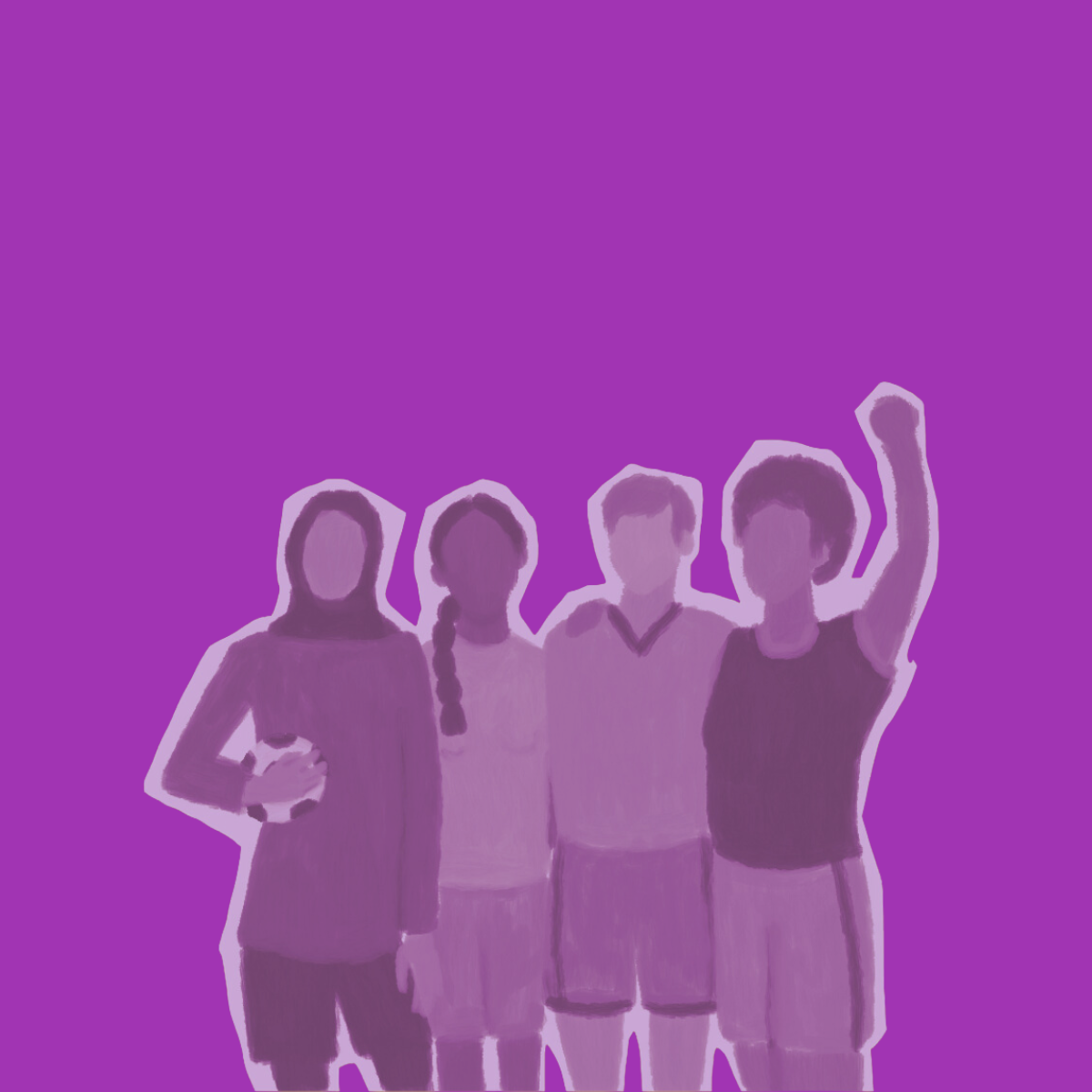IOC Set to Vote on Proposed Changes to Olympic Charter
(Nyon, Switzerland, 9 October 2023) – After years of public pressure and internal deliberations, the International Olympic Committee (IOC) is set to adopt amendments to the Olympic Charter in the coming days that include potentially game-changing references to internationally recognized human rights, the Sport & Rights Alliance said today. However, by simultaneously reinforcing the IOC Executive Board’s broad powers to limit athletes’ fundamental freedoms, the IOC continues to lag behind on defining athlete rights in accordance with international human rights standards.
“The IOC’s charter amendments are a critical step toward fulfilling its responsibility as the leader of a vast global industry with enormous human rights impacts,” said Minky Worden, director of global initiatives at Human Rights Watch. “Human rights and the responsibility to respect them should not be diminished, limited or ignored. Even with the IOC’s problematic language, this move sends an important message that all of global sport needs to come in line with international human rights standards.”
Building on the commitments made in the IOC’s Strategic Framework on Human Rights in September 2022, and in consultation with the IOC’s Advisory Committee on Human Rights, the IOC Executive Board finally proposed human rights amendments to Fundamental Principles of Olympism 1 and 4 in early September 2023. However, the second set of proposed amendments specifically targets athletes by making the exercise of their rights subject to unilaterally imposed “Guidelines determined by the IOC Executive Board,” which are not in line with internationally recognized human rights.
This risks restricting athletes’ ability to speak out about human rights issues and organise collectively for better conditions, and exposes them to reprisals for exercising other fundamental freedoms – leaving athletes behind in the IOC’s implementation of its commitment in its Strategic Framework to respecting human rights.
“Athletes have long demanded that sport bodies incorporate human rights standards into their governing documents to address the systemic abuse, violations, discrimination and exploitation in sport. However, the IOC continues to impose a different set of rules when it comes to athlete rights, which undermines this goal,” said Ginous Alford, director of sport and human rights at World Players Association. “The IOC and its Human Rights Advisory Committee should heed calls from athletes and other stakeholders to clarify the Olympic Movement’s responsibilities to respect the fundamental rights and dignity of athletes as workers and human beings.”
After years of advocacy from Sport & Rights Alliance members and other representatives of athletes, fans and other affected groups, the IOC has taken steps to align its governance and operations with its human rights responsibilities. At the same time, the sport governing body has faltered over and resisted the changes needed to embed the human rights of the very people for whom it has the most responsibility: the athletes.
“The inclusion of human rights in the Olympic Charter is a strong signal that it is time for the sporting world to get serious about living up to its responsibilities and seizing the opportunities to drive positive social change,” said Steve Cockburn, head of economic and social justice at Amnesty International. “The proof of this commitment will, of course, be in its implementation and its impact on the athletes, workers, fans, journalists and host communities who all have a stake in the Olympic movement.”
In May 2022, the IOC published a progress report acknowledging its responsibility to “respect human rights in accordance with the UN Guiding Principles on Business and Human Rights (the UN Guiding Principles),” and committing to “amending the Olympic Charter to better articulate human rights responsibilities.” These steps followed a report released in March 2020, “Recommendations for an IOC Human Rights Strategy,” prepared independently by the former UN high commissioner for human rights, Prince Zeid Ra’ad Al Hussein, and Rachel Davis, vice president of Shift, a business and human rights consulting firm.
“As the head of global sport, the IOC has a responsibility to seek to prevent and address human rights harms linked to its operations, and to remedy harms that it causes or contributes to directly,” said Rachel Causey, acting director of the Sport & Rights Alliance. “Now that human rights are finally to be included in global sport’s foundational documents, it is essential for the IOC to live up to its human rights responsibilities – starting with the athletes, fans, migrant and supply chain workers; unhoused populations and all those we know are already being affected by the Paris 2024 Olympic and Paralympic Games.”





